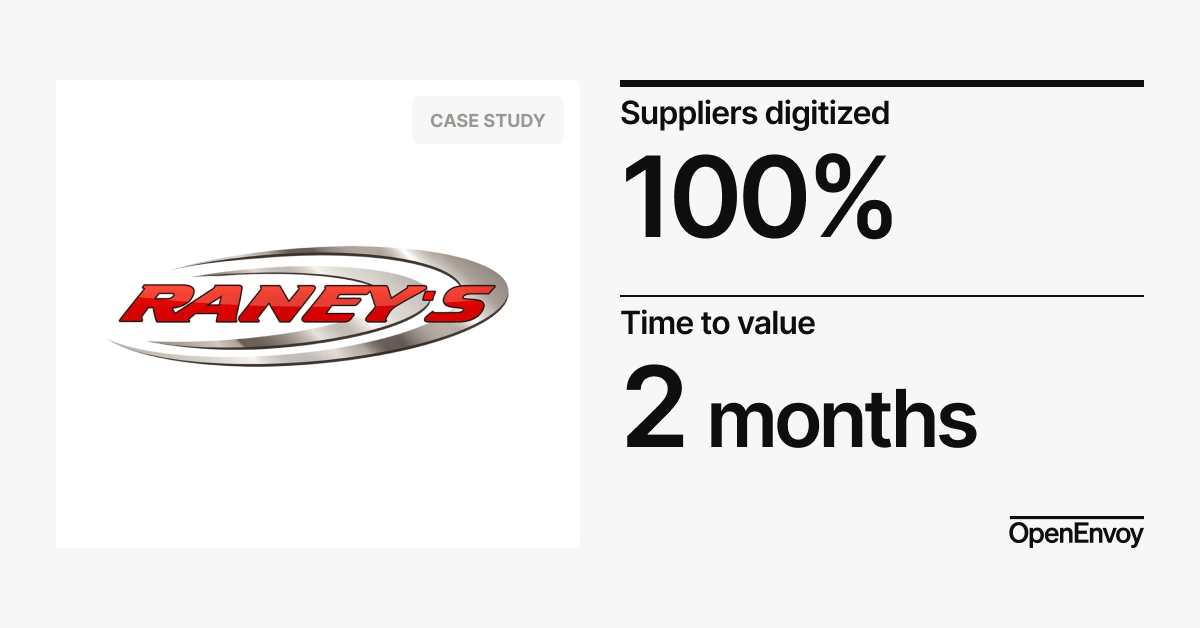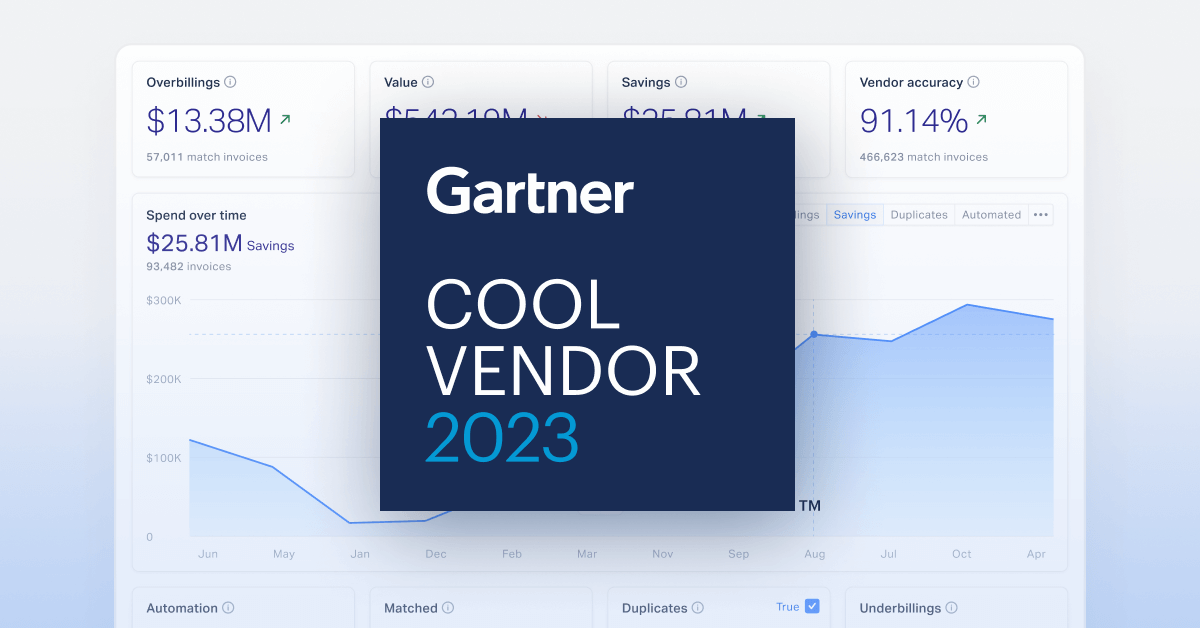

In today's digital economy, data and analytics impact every business unit including product pricing, customer relationships, procurement, supply chain practices, and more. According to the Harvard Business Review, 52% of executives believe digitally enabling their business functions is important to business growth, but only 46% of organizations reported having a digital roadmap incorporated into their strategy. This means that over 50% of respondents had no defined plan or did not have the resources to sustain a digital strategy.
Modern enterprises have an understanding of how collecting quality data can improve the overall health of a company, yet many still struggle to grasp basics like transactional processing, data consolidation and reconciliations, or creating digestible insights.
In this issue of the CFO Report, we will examine how CFOs can take ownership of their company’s analytics and accelerate operational excellence across functions.
Owning Data Analytics and Shifting Organizational Perspectives
In the Deloitte study, The Analytics Advantage, 96% of respondents felt that analytics were becoming increasingly more important to their organizations and identified two distinctive areas for growth: using the data to improve decision-making and leveraging advanced technology for analytics.
CFOs are the ideal candidate amongst C-Suite executives to guide their organization through a data and analytics transformation. In recent years the need for the finance function’s data expertise has become increasingly evident and 75% of CFOs believe they are the logical choice to become the authority over the organization’s data (Accenture, 2020). With intimate knowledge of the financial health of the company, the finance function is uniquely equipped to align strategy and new opportunities.
Taking the Analytics Lead: The Crucial Factors for Success
Implementing a successful enterprise-wide project like the use of advanced data and analytics means the CFOs will need to compartmentalize the project. To kick-start these data-powered decision-making efforts, CFOs should identify a cross-functional process that is in need of improvement and will make an immediate impact on operational performance. After identifying a focus area, CFOs should consider the four critical factors for undertaking and executing a comprehensive analytics project:
Partner with internal stakeholders from different groups to build a conceptual framework that outlines desired outcomes for the project and determines the metrics for measuring success. Asking for feedback and different perspectives from others can help the group come to a consensus on expectations for deliverables and ensure the analytics project delivers operational value for every party involved.
Work with the CIO to understand the current data pipeline and identify areas where improved visibility would be impactful. Revealing data hidden within organizational silos is significant in developing sophisticated analytics. This discovery phase can aid in uncovering meaningful data, but it is only the beginning. Consulting with a data team that is experienced in collecting quality data and modeling analytics can expedite the project and make insights more readily available for decision-making.
Invest in internal talent to promote project continuity. While the first data and analytics project will prioritize rapid results, the CFO should ensure their finance team is equipped with the skills and technology needed for ongoing data projects. Humans and technology are interdependent in data and analytics, investing in technology that improves capability is critical to ensuring your team’s success. While manual processes can overwhelm a busy team, so can inconsistent or inaccurate technology. Consider using an external software vendor to enable your team with customized data insights, so they can focus on disseminating the information in a way that supports future-oriented decision-making.
Win before the competition by using the insights generated to enable leadership to take immediate action and capture value. Organizations with a clear digital strategy that guides strategic decisions grow 75% faster on average than less digitally sophisticated peers (Harvard Business Review, 2021). After using the data collected to determine the best course of action to improve the focus area, ensure that the plan is executed and follow up on its effectiveness. Once operational performance has improved, communicate the success of the pilot project across the organization to generate interest and support for future initiatives.
Using data and analytics to create a long-standing competitive advantage and operational excellence requires buy-in from internal and external stakeholders. The most effective way to garner support is through quick-win initiatives that improve performance beyond the finance function and grab the attention of others within the organization. By incrementally improving operational performance, CFOs can help the enterprise modernize its approach to decision-making and reimagine the purpose of the finance function.
Serious about protecting your cashflow?















